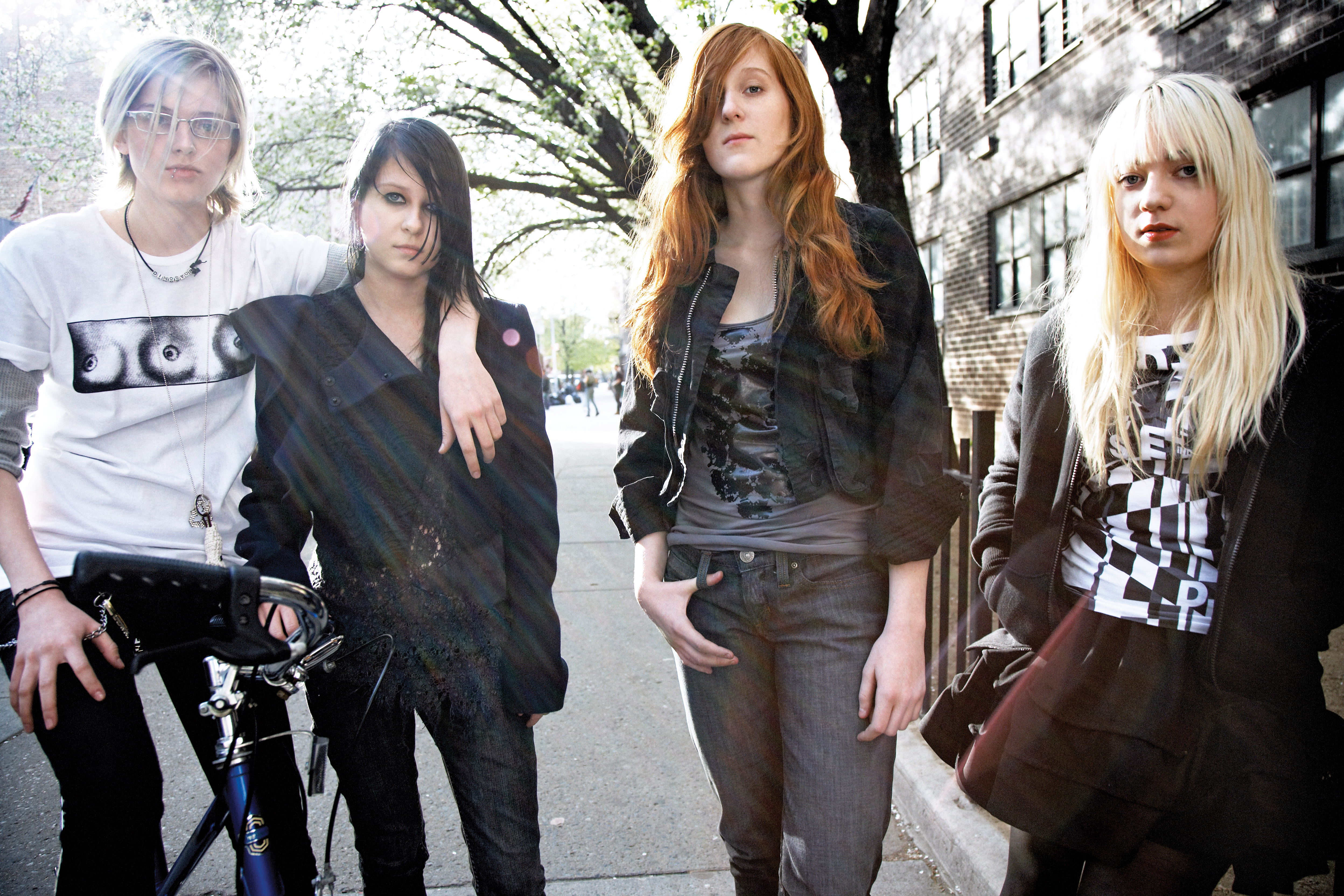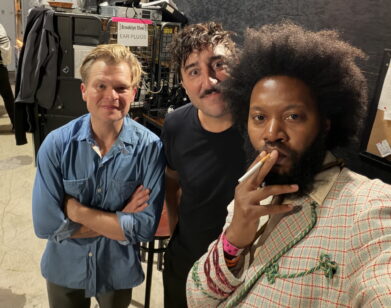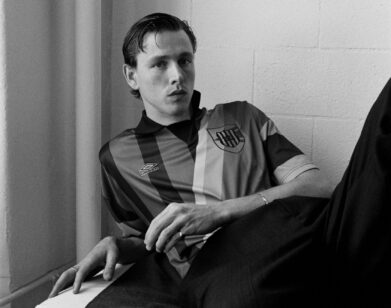Modrocket
Back in 2005, then-15-year-old Alice Blythe and her friends formed their band, ModRocket. Almost immediately — and, it would seem, inevitably — the all-girl quartet’s gritty, vintage-rock-inspired sound got them lumped in with New York City’s so-called “kid-core” lineup, a growing brigade of youth-fronted groups such as Care Bears on Fire and Tiny Masters of Today. Now, lead singer Blythe is 19. And while she and her bandmates still don’t have a record deal, they have definitely grown up.
MARTHA TUBER: I wanted to talk to you a little bit about this “kid-core” thing. Do you consider yourselves a part of that group?
ALICE BLYTHE: I mean, we do really support that whole scene. We’re friends with all of those bands because we used to play a lot of shows with them, and they’re all really cool. And I think it’s great that there are so many young bands that are doing really well right now and playing really good music. But to be grouped into a genre, especially one like that, kind of gets you stuck. People hear “kid band,” and a lot of them just end up thinking, Oh, that’s so cute! You become a novelty act, you know? The same thing happens because we’re girls. People say, “Oh, you’re an all-girl band!” And we’re like, “Yeah, but that has nothing to do with our music.”
MT: Who are your musical influences?
AB: My parents brought me up on really good music: The Velvet Underground, David Bowie, the Stooges-Iggy Pop will always be my hero. My mom was the door manager at [Lower East Side music venue] Arlene’s Grocery, and Ziggy Stardust [1972] was one of the first records she ever played for me. Also, T. Rex, Johnny Thunders-all that good stuff. Those kind of artists have a lot to do with our music. And that’s a lot of where my style comes from, too.
MT: What do you think of New York City’s current music scene?
AB: Well, the city itself has just become so gentrified that it’s completely ruined. There are no real neighborhoods anymore, there are no slums. You need money to live here now, and scenes usually don’t come out of money-they come from the kids who are left out. Like, in the ’70s, downtown neighborhoods like the one around CBGB, and even where I grew up, on Elizabeth Street, were really bad, but that’s where the music came from. I think what’s happening now is that most of the bands who are making music here have also been here for a really long time, so they’ve seen the city change. Right now, maybe New York isn’t the city for music, but I think — I hope-it will become that again.







